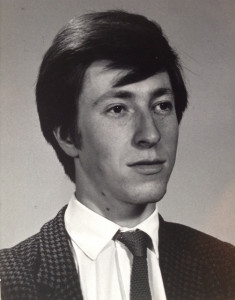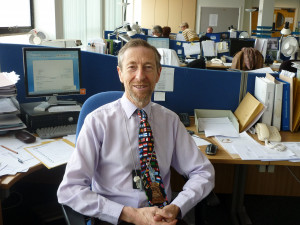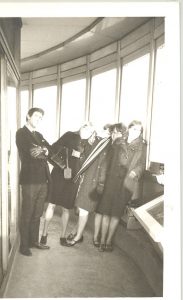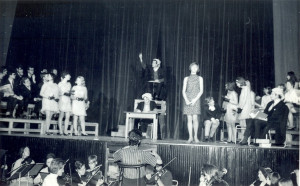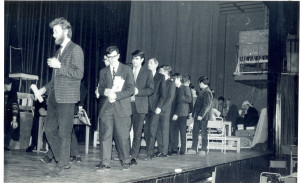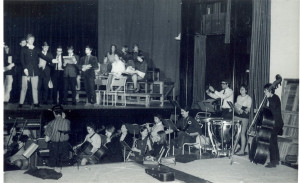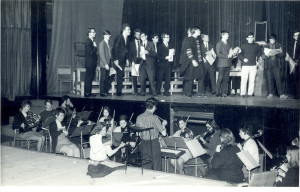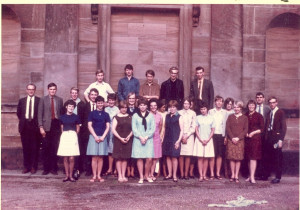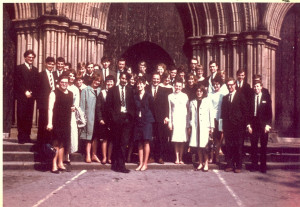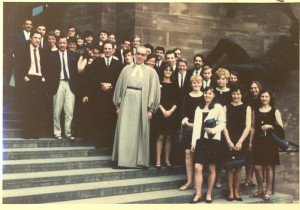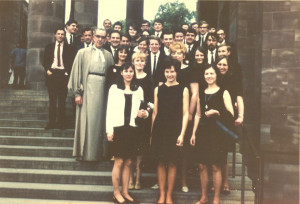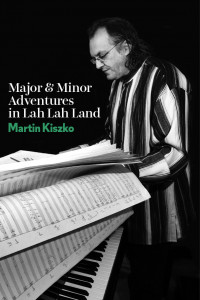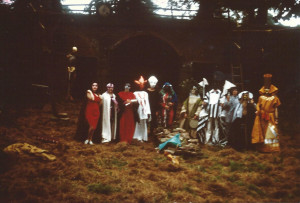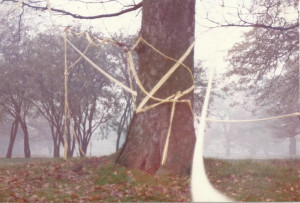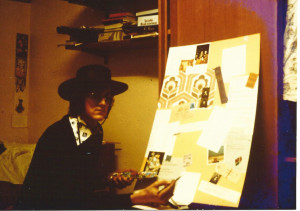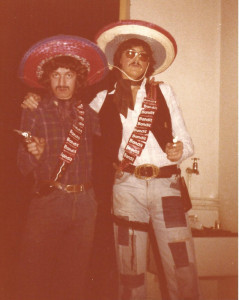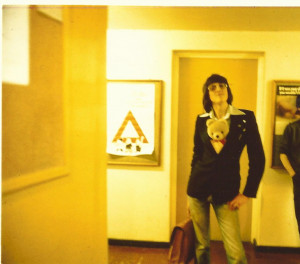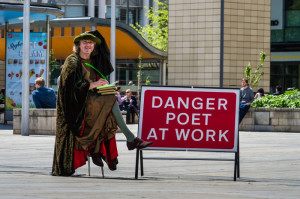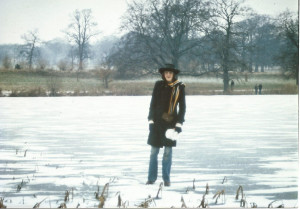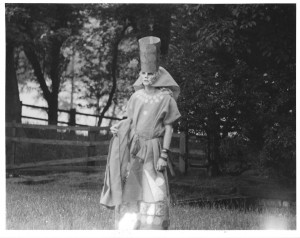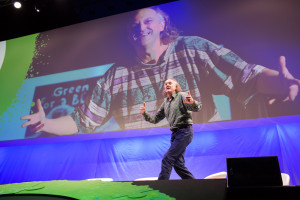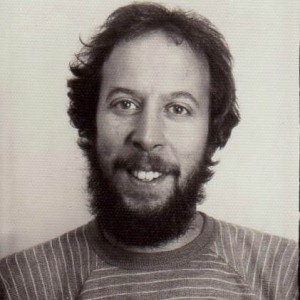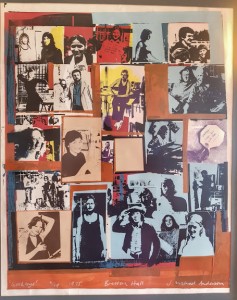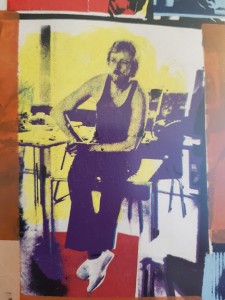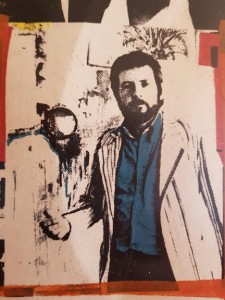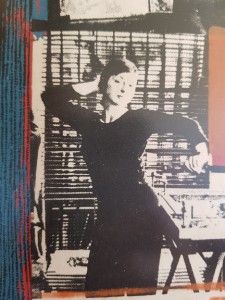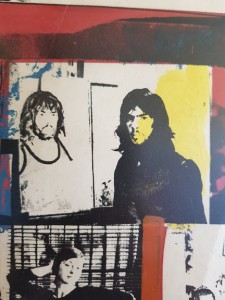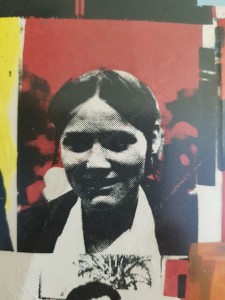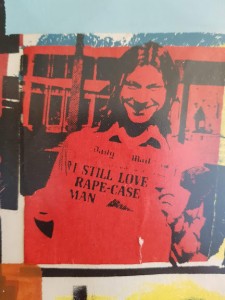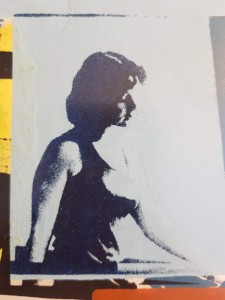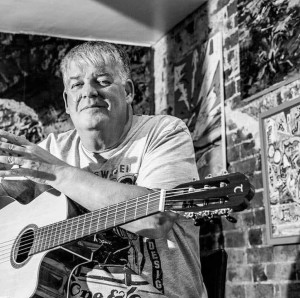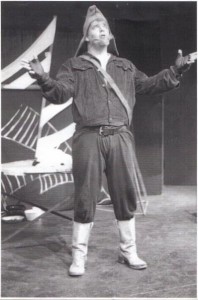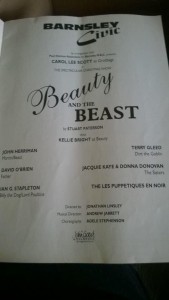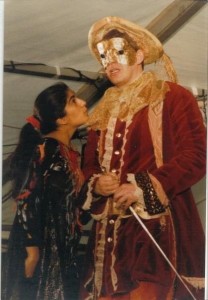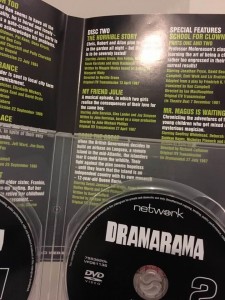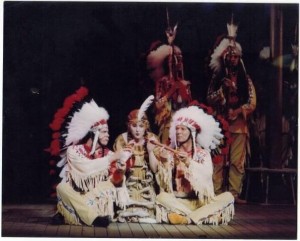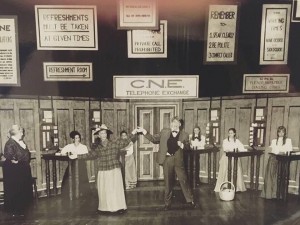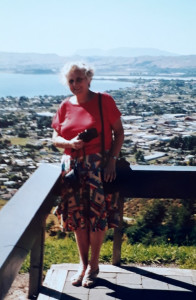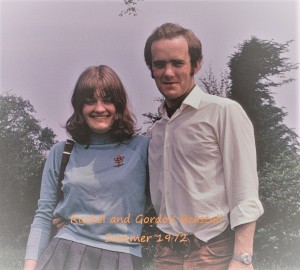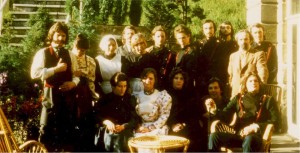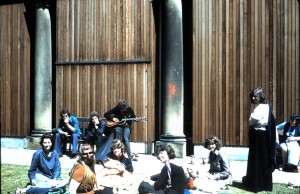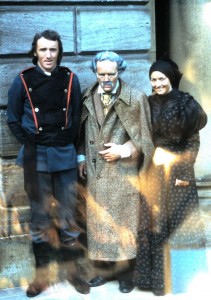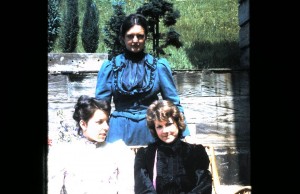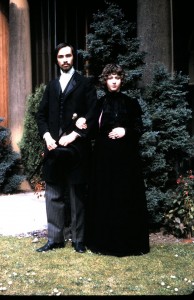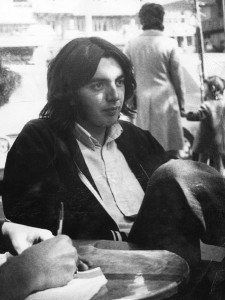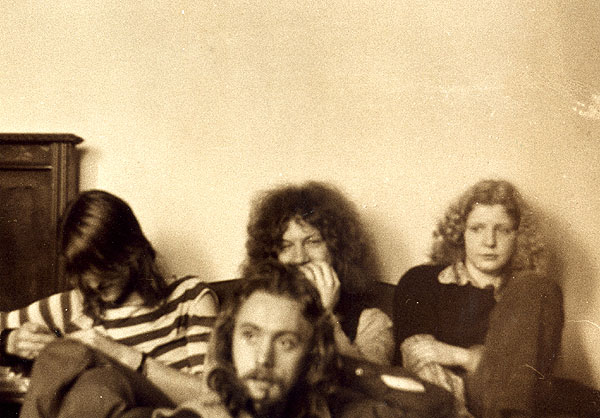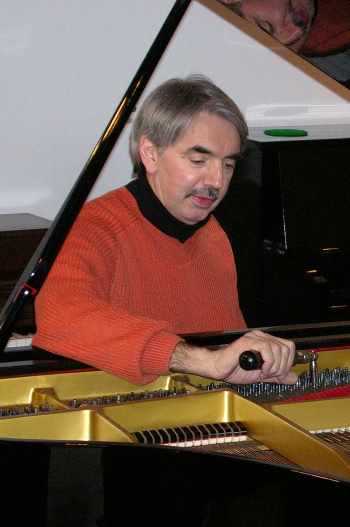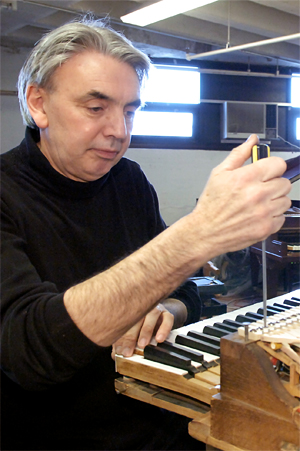Erotic literature has been around for centuries, from the ancient Greek texts to modern-day romance novels. Also known as “erotica,” this genre of literature explores human desire, passion, and sexuality through storytelling. While often associated with explicit content, the true power of erotic literature lies in its ability to foster intimacy and connection between partners.
To understand the impact of erotic literature on intimacy, it’s important to first define what it is. Erotic literature is not simply pornographic material in written form. Rather, it is a genre that combines storytelling, character development, and sexual content to create an emotional and intellectual experience. Erotica often delves into themes of desire, pleasure, and connection, allowing readers to explore their own fantasies and deepen their understanding of their own sexuality.
One of the primary ways that erotic literature can foster intimacy is by providing a safe and private space for couples to explore their desires and fantasies. Reading erotica together can be a way for partners to open up about their turn-ons and turn-offs, and to discover new ways to pleasure each other. This can lead to deeper conversations, increased trust, and a greater sense of connection between partners.
Additionally, erotic literature can help couples to break out of sexual ruts and try new things in the bedroom. By reading about different sexual scenarios and techniques, couples can gain inspiration and ideas for their own sexual encounters. This can help to keep the spark alive in long-term relationships, and to prevent boredom and monotony from setting in.
Erotic literature can also help couples to build a stronger emotional connection. By reading about characters who are experiencing desire, passion, and pleasure, couples can tap into their own emotions and connect with each other on a deeper level. This can help to build a sense of intimacy and closeness, and can even help to strengthen the bond between partners.
Of course, it’s important to note that not all erotic literature is created equal. Some texts may be more explicit than others, and some may focus more on fantasy than on real-world relationships. When choosing erotic literature to read with a partner, it’s important to find texts that resonate with both partners, and that align with their values and boundaries.
In conclusion, erotic literature can be a powerful tool for fostering intimacy and connection between partners. By providing a safe and private space for couples to explore their desires and fantasies, and by offering inspiration and ideas for new sexual experiences, erotic literature can help to deepen the connection between partners. When approached with care and consideration, erotic literature online erotic films can be a valuable addition to any couple’s relationship toolkit.

